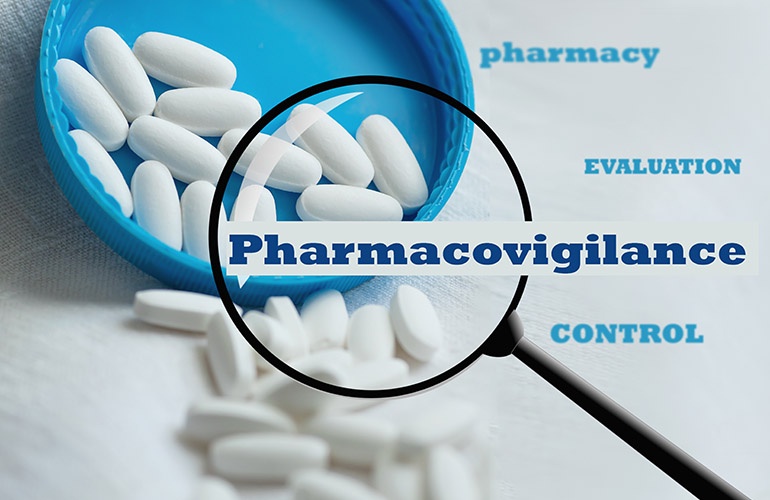Imagine having a superpower that helps keep people safe from harm. Well, with a course in pharmacovigilance (say far-ma-co-vij-i-lance), you can actually develop skills that do just that!
Pharmacovigilance: The Medicine Detective
Think of medicine as a superhero with the power to heal. But just like any superhero, medicine can sometimes have unexpected side effects. That's where pharmacovigilance comes in. It's like being a detective for medicine safety – constantly monitoring how medications, new and old, affect people and identifying any potential risks.
Why is Pharmacovigilance Important?
New medicines go through a lot of testing before they hit the shelves, but sometimes unforeseen side effects can pop up later. Pharmacovigilance plays a crucial role in catching these issues early on. By constantly monitoring medications, we can ensure they're used safely and effectively.
Your Pharmacovigilance Course: A Ticket to Exciting Careers
So you've taken a pharmacovigilance course – that's awesome! This opens doors to a range of exciting career paths in the medical field. Here are some cool jobs you could land:
- Drug Safety Associate (DSA):
This is the starting point for many pharmacovigilance careers. As a DSA, you'll be the information collector and organizer. Imagine a library of information on how medications affect people – that's what you'll be building! You'll gather reports of patients' experiences with medications, analyze data, and prepare reports for health authorities.
- Pharmacovigilance Scientist/Specialist:
As you gain experience, you can become a scientist or specialist. Here, you'll be like a detective, analyzing trends in the data to identify potential safety concerns. You might also be involved in creating plans to manage risks, ensuring the benefits of a medication outweigh the risks.
- Medical Reviewer:
This role requires a good understanding of medical terms and diseases. As a medical reviewer, you'll be like a doctor for medication reports. You'll assess reports of side effects, determine their seriousness, and communicate these findings to healthcare professionals and health authorities.
- Clinical Research Associate (CRA) - Pharmacovigilance:
Clinical trials test new medications on volunteers. CRAs with pharmacovigilance expertise play a vital role in ensuring the safety of these volunteers. They monitor for side effects, report them accurately, and contribute to the overall safety assessment of the new drug.
- Pharmacovigilance Manager:
Ready to be a leader? As you climb the career ladder, you could become a manager, leading a team of pharmacovigilance professionals. You'll be responsible for making sure all pharmacovigilance activities are done efficiently and meet all the rules and regulations. You might also be involved in developing strategies for pharmacovigilance programs and training new team members.
Beyond Pharma Companies:
The world of pharmacovigilance isn't limited to just drug companies. Here are some other exciting areas you could explore:
- Contract Research Organizations (CROs): These companies provide research and development services to pharma companies. Pharmacovigilance is a key area for CROs, and they hire specialists to manage these programs for their clients.
- Regulatory Agencies: Government health agencies play a vital role in ensuring medication safety. You could work for such agencies, reviewing pharmacovigilance data and making recommendations for drug regulations.
- Hospitals and Medical Research Institutes: Hospitals and research institutes are increasingly involved in pharmacovigilance activities. You could contribute to improving medication safety within these settings.
The Future of Pharmacovigilance: Even More Superpowers!
The field of pharmacovigilance is constantly evolving. With the rise of personalized medicine and new technologies like big data, pharmacovigilance will play an even more critical role in ensuring medication safety for everyone.
Conclusion:
Your pharmacovigilance course is your gateway to a dynamic and meaningful career. By becoming a pharmacovigilance professional, you'll play a vital role in safeguarding public health and ensuring medications work as intended. So, are you ready to be a pharmacovigilance superhero? The world of medicine needs you!


No comments yet